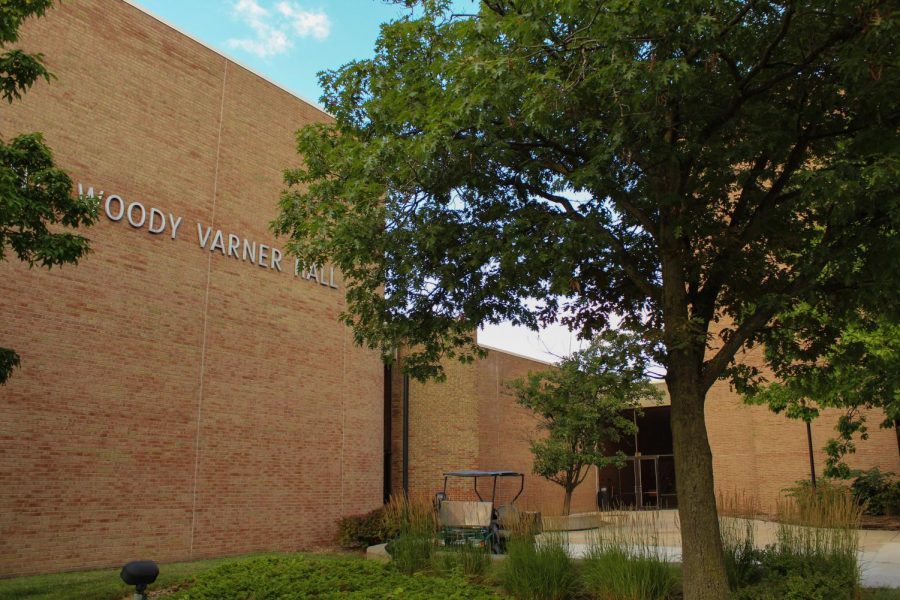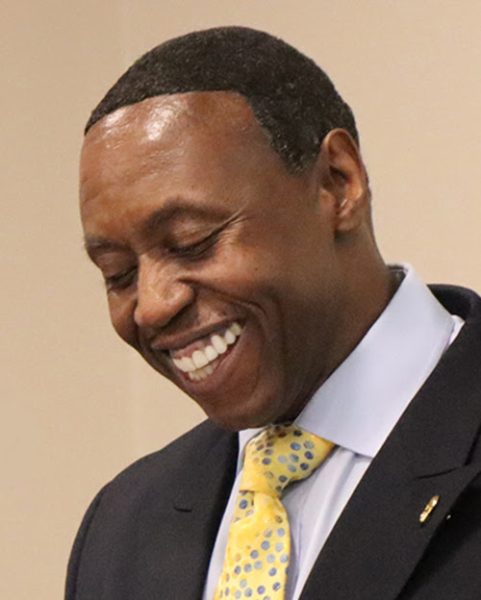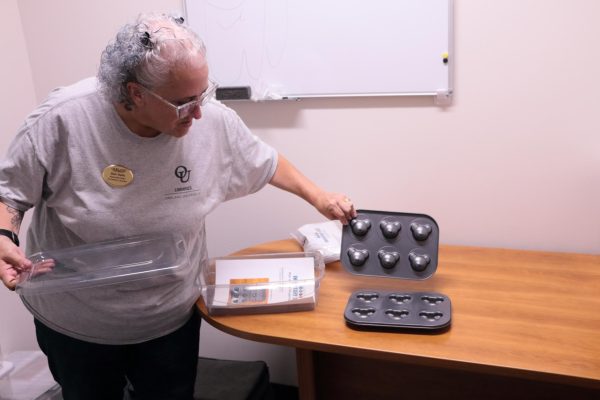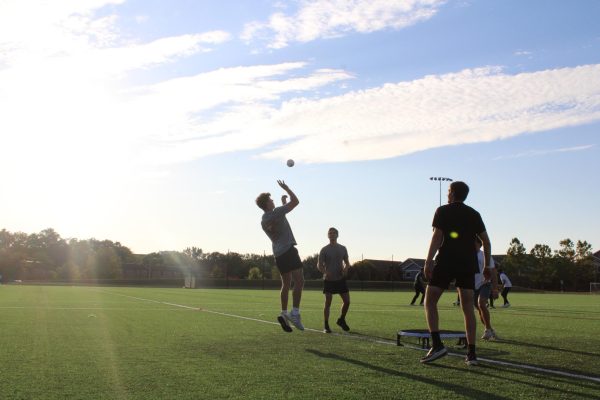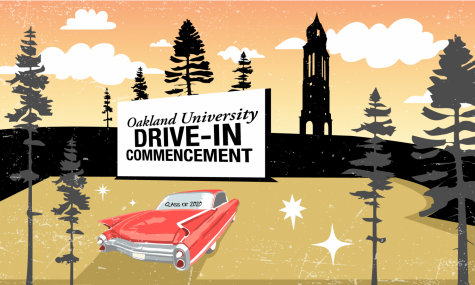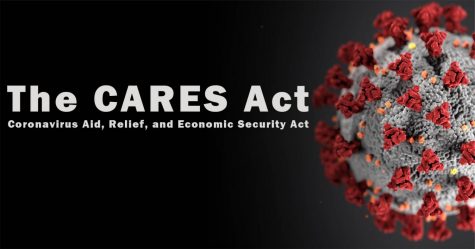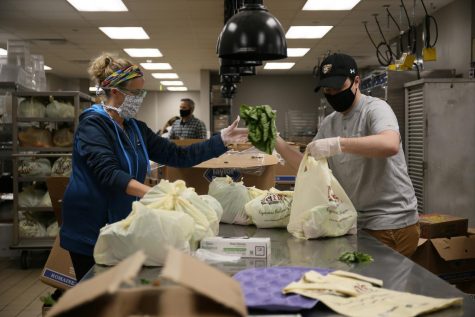At SMTD, remote learning means the show goes on
The School of Music, Theatre and Dance moved all classes online and canceled over a month’s worth of live performances and public events.
A final exam can be easily done over the internet. A musical, not so much.
As COVID-19 swept into Michigan, Oakland University made the decision to suspend all in-person learning and shift classes to online instruction only. This was not a problem for much of the university since Moodle has all the tools a general education professor could want to run a class remotely. But not every subject lends itself well to online instruction.
The School of Music, Theatre and Dance (SMTD) is one case of online learning getting in the way of best teaching practices. As the virus forced OU to close its doors, the challenge presented to SMTD Director Amy Hardison Tully was figuring out how to safely put on performances and one-on-one classes.
For the performances, cancellation was the safest way to go.
“We … had four-and-a-half to five weeks of performances that had to be canceled,” Tully said. “We canceled over 50 public events and another 20 or more private, smaller events that were … capstone projects that were not necessarily on the public calendar.”
With performances canceled, the next step was to move all instruction online.
“Of course, there were some classes that were easier to put online, like our music history or theater history or dance history classes,” Tully said. “But yes, our choreography classes are being taught online. Our piano classes are being taught online. Students who are working with their teachers in a one-on-one fashion like music applied lessons or vocal coaching, all of that is online.”
The switch to online instruction has had varied results for its students.
“Transitioning has been pretty funky, to say the least,” junior Sam Torres said about her dance classes. “Now we are having to set up our cameras and our laptops or any device we are using on the floor and dance in our living room or small room in our parents’ house while our professors try to correct us from looking at a screen.”
For the moment, this at-home setup seems to work for Torres. While there are some hurdles like electronic audio distortion to sort out, classes have run somewhat smoothly.
“I think being actors and dancers and singers and musicians, we are always looking for creative ways to present our material,” Torres said. “This is honestly just an opportunity for us to get a little more creative.”
For senior Gillian Tackett, the switch online means the loss of the SMTD community.
“So many of the arts are collaborative, so not being able to have that [community] — not even in our own schoolwork but just to have that socially I think is a big support for us,” Tackett said. “The omission of that has been hard.”
Without this community, sophomore Angela Bonello is having a hard time keeping up her usual quality of work.
“The challenge has shifted from finding the time to do all my schoolwork between classes to finding the motivation to achieve the same quality of work that I would normally have created in my school environment,” Bonello said. “It is … the change in environment, and I know from a lot of people that I talk to that we are in this environment where we are not used to working as hard. It is difficult to find the motivation to get out of bed at an early time and achieve the same quality of work.”
While many of Bonello’s performances have been canceled, several choirs she is a part of have switched to doing virtual choirs.
“We record ourselves singing our vocal parts and someone else is going to arrange it so that we are all singing it together,” Bonello said.
Adapting to the challenges created by COVID-19 has not been easy, but Torrez said adapting is what the SMTD’s people can do best.
“That is what we do as artists,” she said. “We find ways to tell stories that would not necessarily be told, and hopefully this right now for us will be a means to create new art and art that has not been created before in this new medium that we have to follow. I think even though the show can not physically go on right now, it is going on with virtual shows [and] virtual choirs.”



